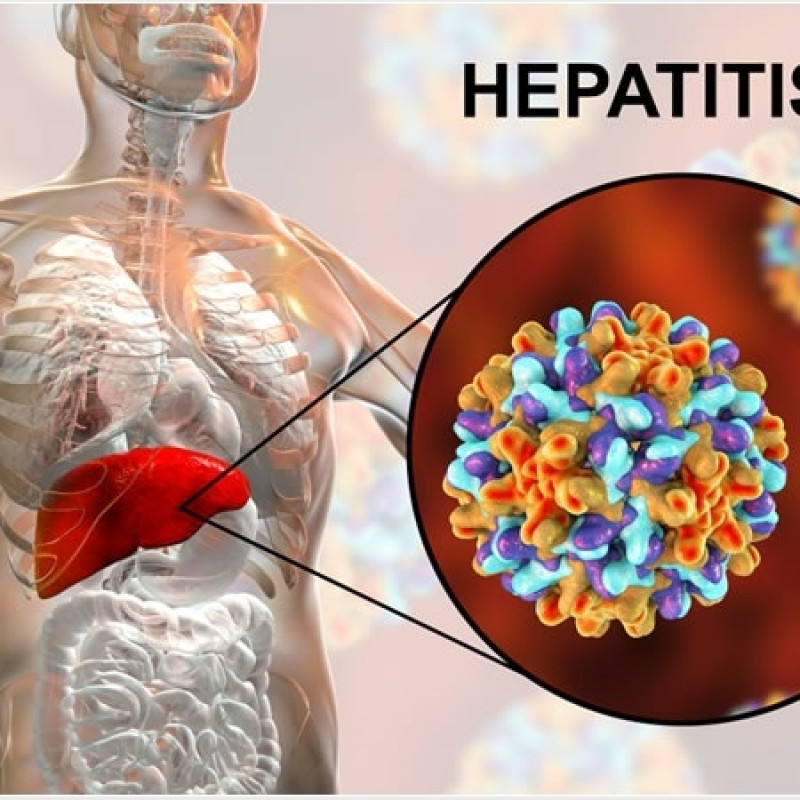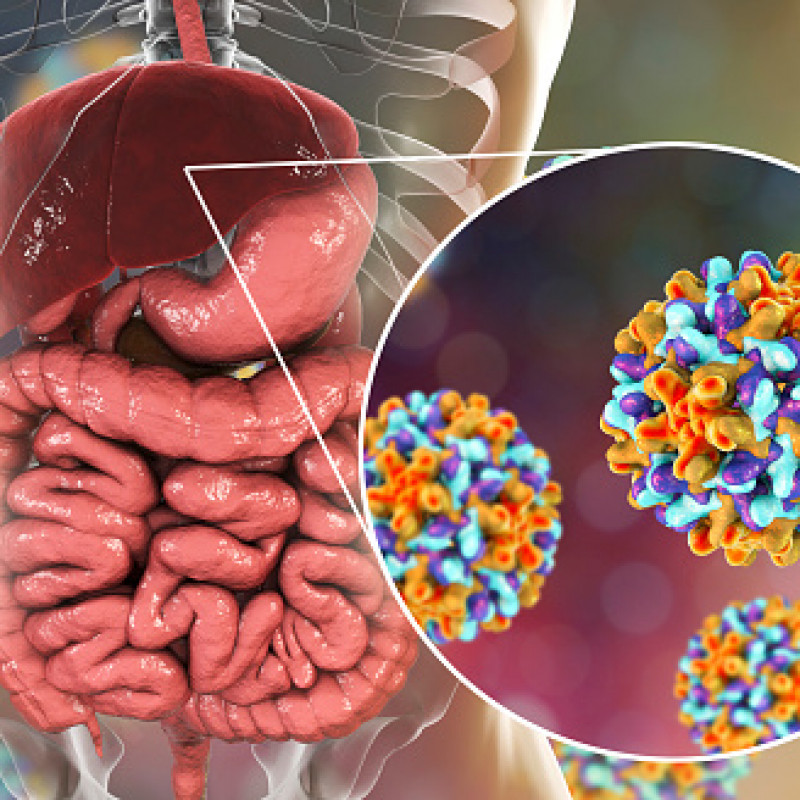



Hepatitis B is a viral infection that attacks the liver and can cause both acute and chronic disease. The virus is most transmitted from mother to child during birth and delivery, as well as through contact with blood or other body fluids during sex with an infected partner, unsafe injections or exposures to sharp instruments. It often does not cause any obvious symptoms in adults, and typically passes in a few months without treatment. But in children, it often persists for years and may eventually cause serious liver damage. Hepatitis B is less common in the UK than other parts of the world, but certain groups are at an increased risk. There are two types of hepatitis B infection: acute and chronic.
Acute: An acute infection happens at the beginning, when you first get infected with hepatitis B. Many people are able to clear it from their bodies and recover. In fact, this is true of about 4 in 5 adults who are infected.
Chronic: If you are not able to clear the infection within six months or longer, you have chronic hepatitis B. (Chronic means long-lasting.) It is chronic hepatitis B that leads to inflammation and the serious, and possibly fatal, illnesses of cirrhosis of the liver and liver cancer. Treatment can slow disease progress, reduce the chance of liver cancer, and increase your chances of surviving.
Signs and symptoms of hepatitis B range from mild to severe. They usually appear about one to four months after you've been infected, although you could see them as early as two weeks post-infection. Some people, usually young children, may not have any symptoms.
Hepatitis B signs and symptoms may include:
Risk Factors
Hepatitis B spreads through contact with blood, semen, or other body fluids from an infected person. Your risk of hepatitis B infection increases if you:
Complications.
Having a chronic HBV infection can lead to serious complications, such as:
Important information